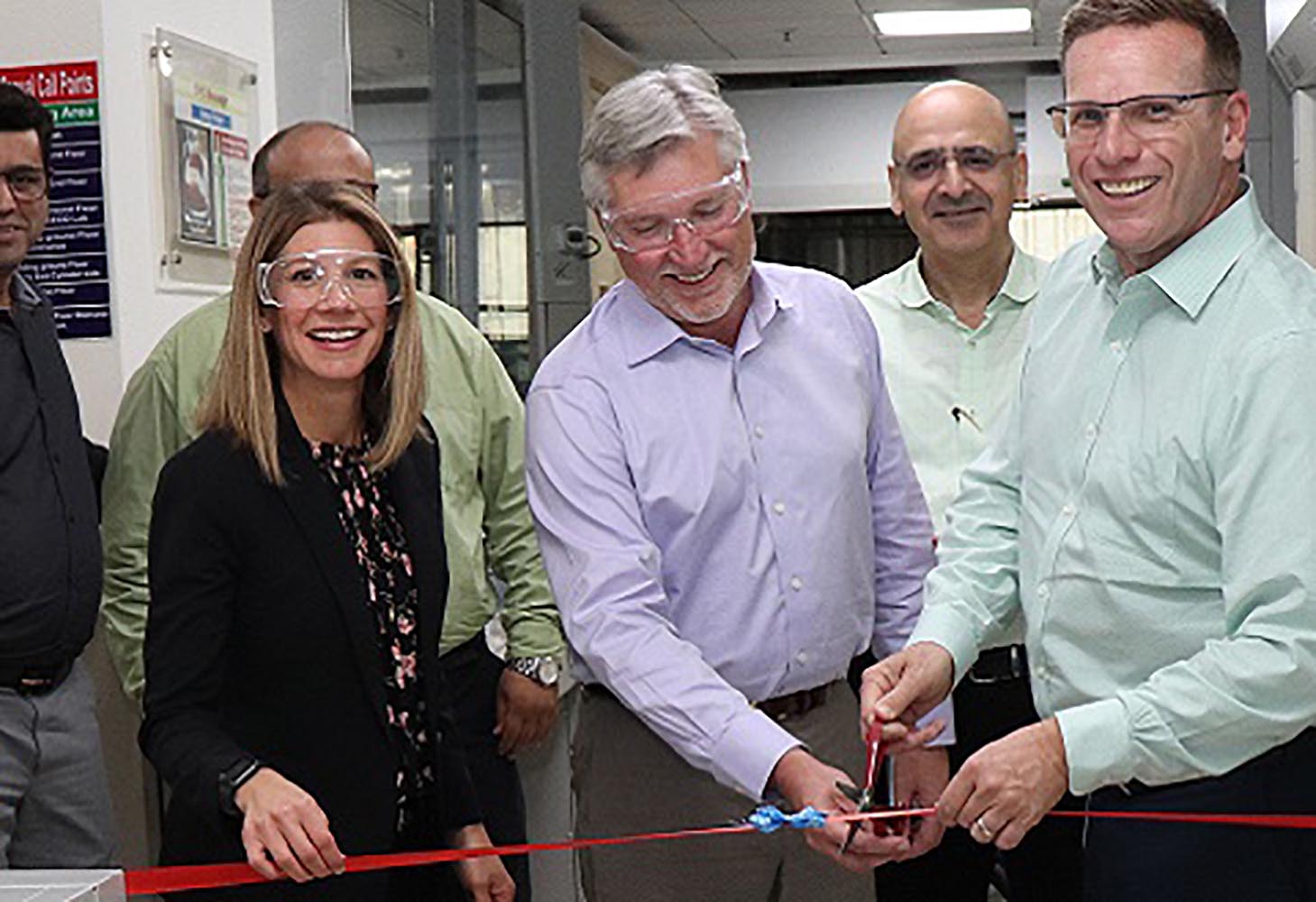
Lubrizol opens new lab in India for calcium sulfonate greases
Lubrizol has opened a new grease lab in Navi Mumbai, India, to support the testing and development of calcium sulfonate greases with strong potential in the industrial grease market.
Lithium soaps have long been a widely used thickener for grease applications, but vehicle electrification has led to a dramatic rise in lithium demand and price in recent years. Over the long term, grease manufacturers will face supply constraints as supply will be favoring battery manufacturers.
Lubrizol believes calcium sulfonate complex grease-based formulations can be an effective alternative to lithium soaps. Over-based calcium sulfonate (OBCS) provides reliable thickening properties, good compatibility with base oils and additives, and suitable performance for long-term use, the U.S.-based fuel and lubricant additive manufacturer said. Lubrizol’s new India lab will support the rigorous testing required for OBCS formulations to demonstrate their full potential.
“India is a unique market with unique demands,” said Sanjeev Kaul, chairman and managing director, Lubrizol Additives India. “There is limited support available in the form of third-party testing labs in India focused on greases. With this lab, we are supporting small- to mid-size grease manufacturers in the region with grease development and testing services and support that can promote the development of calcium sulfonate-based greases and increase their sales.”
The lab will grant grease manufacturers access to:
- Performance testing, enabling manufacturers to measure performance properties in action
- Benchmark testing, allowing manufacturers to compare product performance against industry standards
- Training, helping manufacturers equip their formulation teams with grease selection, testing and application knowledge
“Lithium demand isn’t slowing, and grease manufacturers will very soon require a reliable thickening alternative,” said Kaul. “We want to help manufacturers throughout the region stay ahead of the curve and sharpen their competitive edge with possible alternate solutions.”












